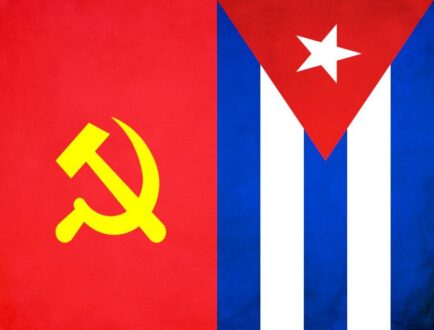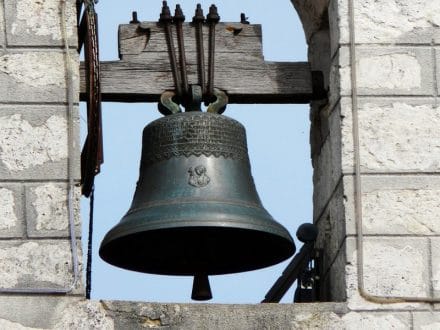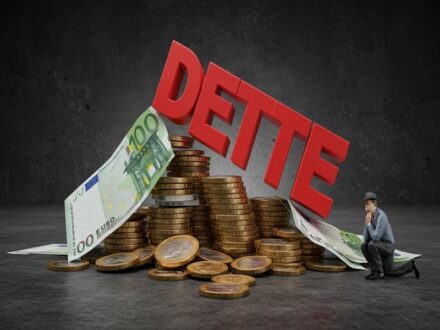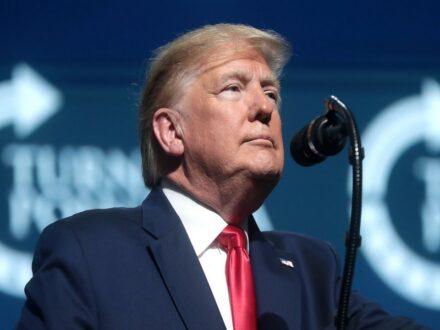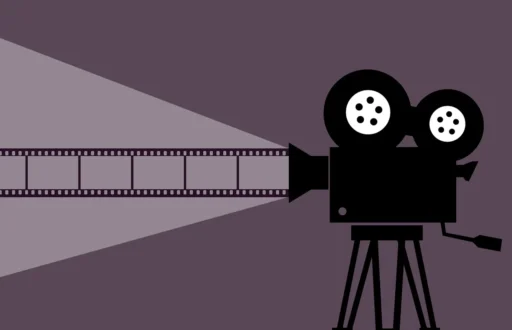Article non rédigé par la rédaction de breizh-info.com. Jouer avec excès comporte des risques. Appelez le 09-74-75-13-13 (appel non surtaxé)
The Tour de France is not only the most prestigious cycling race in the world but also one of the most profitable for professional riders. Beyond glory, the yellow jersey comes with significant financial rewards, sponsorship deals, and career-boosting opportunities. But exactly how much does a professional cyclist earn by winning this legendary event? Let’s take a closer look at tour de france riders salary, stage bonuses, and the broader financial picture of professional cycling.
What bonus is paid to the winner of the Tour de France?
Amount of the main premium
The winner of the Tour de France receives a direct cash prize from the organizers. Currently, the main premium for finishing first is around €500,000. While this may seem substantial, it is worth noting that compared to the earnings of top footballers or tennis players, this figure is relatively modest.
Still, for the cycling world, half a million euros is a significant reward, and it represents only the beginning of what the champion can earn thanks to increased visibility and sponsorship opportunities.
Impact of the victory on the runner’s career
Winning the Tour is life-changing. Beyond the official prize money, the cyclist’s market value skyrockets. Sponsorship contracts multiply, media presence grows, and annual salaries offered by top teams increase considerably. In fact, a single Tour de France victory can raise a professional cyclist salary by several million euros over the next few seasons.
What are the bonuses for the winners of the stages of the Tour de France?
Distribution of earnings by stage
Apart from the overall victory, every stage of the Tour offers its own prize money. The winner of a stage can earn around €11,000, while the runners-up and top 20 finishers also receive smaller amounts. This means that consistent stage winners can accumulate a notable bonus even without competing for the yellow jersey.
Differences between plain, mountain and time trial stages
The official prize money is generally the same across stages, but the real difference lies in prestige. Winning a mountain stage or a time trial often brings greater media attention, which translates into higher value for sponsors and better negotiation power for the cyclist’s next contract. That’s why tour de france cycling salary considerations go far beyond simple prize tables.
What is the remuneration of the greatest cycling riders?
Annual salaries of the stars of the peloton
The base salary of a professional cyclist varies enormously. Average professional riders might earn between €40,000 and €150,000 annually. However, the stars of the peloton—those capable of winning Grand Tours—command multi-million euro salaries.
Examples of the highest paid runners
Some of today’s elite cyclists, such as Tadej Pogačar, Jonas Vingegaard, and Primož Roglič, earn over €5 million per year thanks to their team contracts and bonuses. This shows how professional cyclists’ salaries at the very top compare to middle-tier riders, who often struggle to exceed six figures annually.
Income differences between leaders and team members
The strategic role of team members
Cycling is a team sport, even if only one rider wears the yellow jersey. Domestiques—support riders—play a vital role in helping their leader win. They fetch water, control breakaways, and set the pace in mountains. Despite their importance, their cyclist salary is much lower.
Why leaders get much more
The economic disparity comes from visibility. Sponsors pay for exposure, and leaders deliver it by appearing on podiums, interviews, and media coverage. That’s why a Tour de France winner can earn millions, while a domestique in the same team may not cross €100,000 annually.
Sponsors and their contributions to remuneration
Personal partnerships of runners
Much of a cyclist’s income is tied to sponsorship deals. Winning the Tour opens the door to personal endorsements from bike brands, energy drink companies, and sports equipment manufacturers. These contracts can sometimes surpass the value of the official prize money.
Importance of sponsorship for teams
Teams themselves rely heavily on sponsors. A big sponsor not only provides better salaries but also covers logistical costs. Betting companies like LEON Bet often support events or teams, further highlighting the strong connection between professional cycling and sports marketing.
The influence of performance on income
Distinctive jerseys and associated bonuses
During the Tour, special jerseys (green for sprinters, polka-dot for climbers, white for young riders) also come with financial rewards. For example, the winner of the green jersey can collect up to €25,000 in additional bonuses. These distinctions boost a rider’s visibility, which again attracts more sponsors.
How wins increase a runner’s value
Consistent performance in the Tour raises the bargaining power of cyclists. Even if a rider doesn’t win the yellow jersey, stage victories and distinctive jerseys can significantly increase their next contract offer. This dynamic explains why how much does a professional cyclist earn is strongly tied to Tour de France results.
Income related to image rights and the media
Presence in the traditional media
Television interviews, documentaries, and advertising campaigns often feature Tour winners. Teams also negotiate media rights that include their riders, leading to further financial gain.
Social networks and advertising contracts
In today’s world, social media presence is crucial. A cyclist with millions of followers can monetize their audience through brand deals. For example, riders often promote sportswear, nutrition products, and even online platforms like paris sportif en ligne as part of their advertising contracts.
The career after the Tour: how cyclists continue to earn money
Sports consultants and commentators
Many retired champions become TV consultants. Their experience and popularity guarantee contracts with major sports channels, allowing them to continue earning substantial amounts.
Management positions in the teams
Former riders often transition into team managers or directors, earning a stable income while staying within the cycling industry.
Ambassadors and speakers
Some become ambassadors for brands, cycling events, or even LEON campaigns, combining their image with corporate interests. Others build careers as motivational speakers, where their Tour de France stories inspire audiences worldwide.
Conclusion
The salary of a professional cyclist is complex and multifaceted. While the direct prize money for winning the Tour de France stands at about €500,000, the real value comes from increased salaries, sponsorships, and long-term career opportunities. For cycling’s biggest stars, professional cyclists’ salaries can easily reach millions of euros annually, making the Tour not just the hardest race in the world but also one of the most rewarding.
Photo : Pixabay (cc)
Article non rédigé par la rédaction de breizh-info.com. Jouer avec excès comporte des risques. Appelez le 09-74-75-13-13 (appel non surtaxé)





